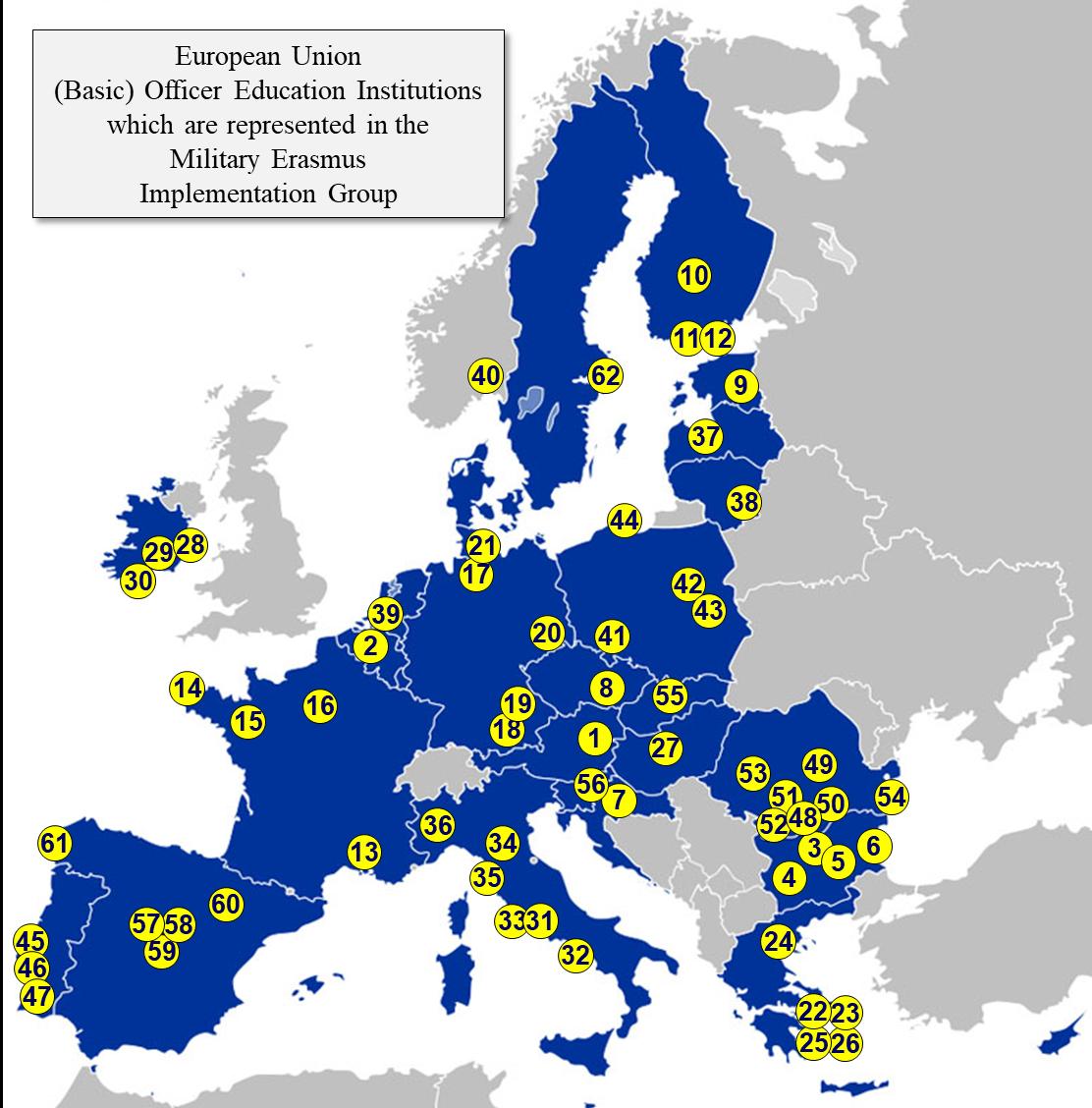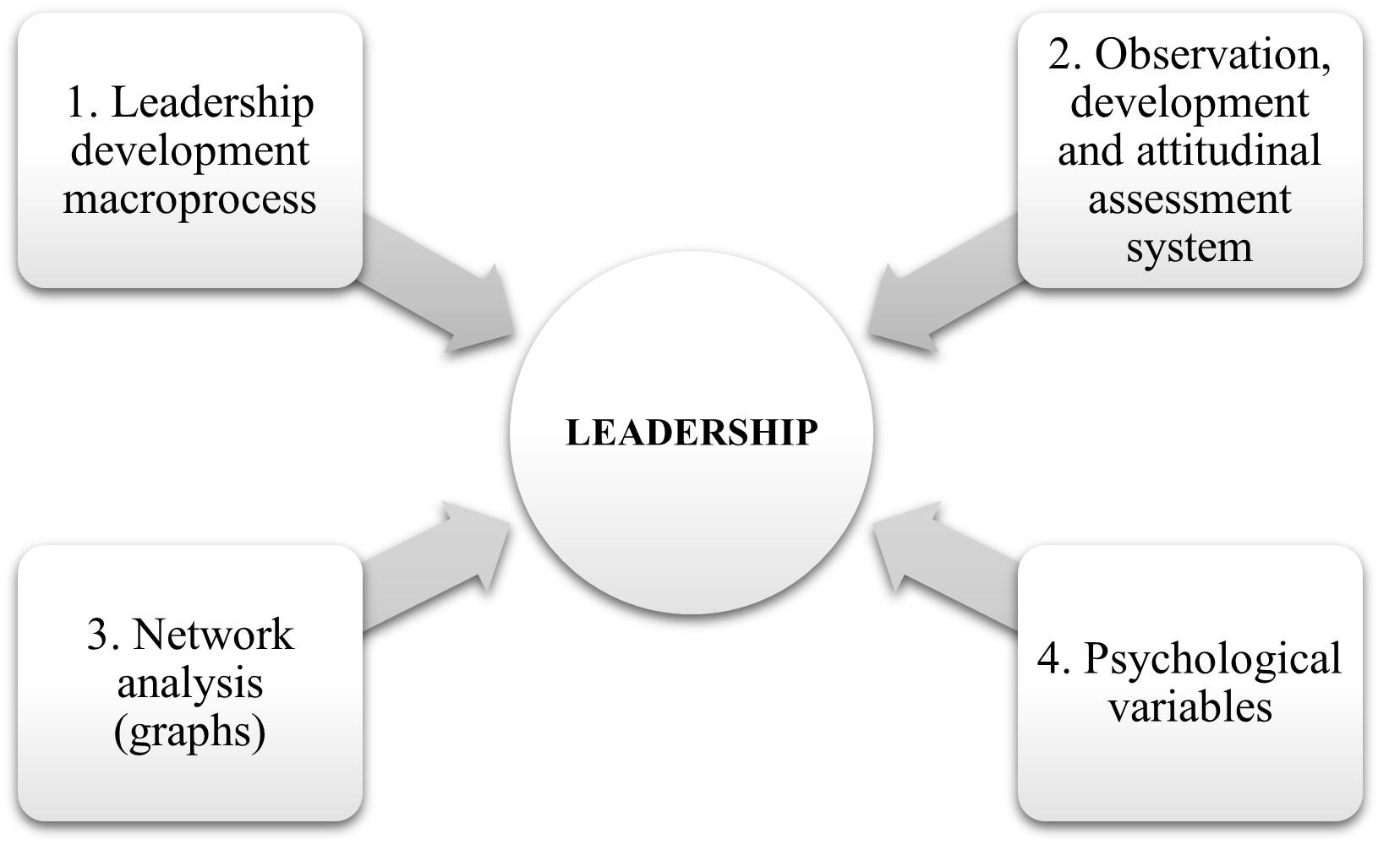Journal of Peace and War Studies, ISOMA Special Edition (October 2021): 42–57
Leadership Undefined: The Paradoxes of Future Military Leadership Martijn W. van Eetveldt, Richard G. Oppelaar, and Peter Olsthoorn Abstract: This article is about a paradox approach to leadership. Our purpose is to contribute to raising awareness that paradoxes are inextricably linked to military leadership. We expect paradoxes to play an even more prominent role in military practice. Military academies will therefore have to prepare officer candidates as well as possible for those paradoxes. A paradox approach to leadership can assist to ensure that leaders are as responsive as possible to what the context requires and maximize both their own leadership potential and that of their teams. Implementing this approach is no easy task. A first step is to make context the central focus and abandon the notion that leadership can be defined and understood in simple terms. On the basis of theoretical insights, we provide direction to facilitate the development of a paradox mindset among officer candidates. This article’s key added value is the introduction of a usable tool for training programs, namely the adaptive paradox framework. Our aim is to make the complex world of paradoxes more manageable for officer candidates and their immediate environments and to build a bridge between theory and practice. The question is whether we are willing and able to recognize paradoxes, and how we deal with them. Keywords: Paradox Framework; Military Leadershi;: Meta-paradoxes: Adaptive Leadership; Leadership Paradoxes.
Introduction The Netherlands armed forces intend to be both a robust and agile organization.1 Defence Vision 2035 states that the defense organization wishes to be better equipped in terms of countering hybrid threats and conducting operations in the information environment. This means that the Netherlands armed forces will have to incorporate other ways of fighting. The armed forces must be able to respond on time in different domains, with different military and civilian partners. It is not only about technological innovation, but also about social innovation.2 At the same time, it must remain possible to respond rapidly and effectively to physical hostile activities and to fall back on tried and tested combat drills. These requirements evoke an image of contradictions. We believe that the ability to deal with paradoxes is essential for officers and the teams with which they work. We first outline how context occupies a prominent place in modern views about leadership. We then explain why various contexts require a paradox approach. This is followed by a consideration of how paradoxes play a role in leadership and how that role relates to current and future military practice. In this connection, we introduce two adaptive meta-paradoxes and our paradox framework. We explain how this framework can be used to prepare officer candidates for diverse contexts and subsequently set forth a number of recommendations for learning how to deal with leadership paradoxes. We conclude with a number of implications.
© 2021 John and Mary Frances Patton Peace and War Center, Norwich University ISSN 2641-841X (print), ISSN 2641-8428 (online)











